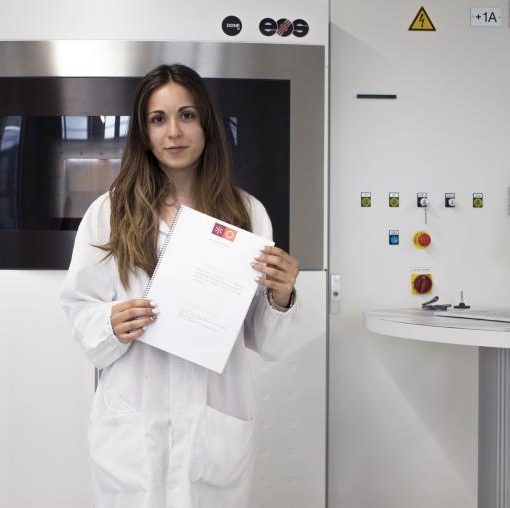A team formed by students Weronika Wojtak, Flora Ferreira and Paulo Vicente, from the doctoral programs in Mathematics and Electronics and Computer Engineering, University of Minho, is among the 16 finalists of the 1st Prize of the “2019 International Collegiate Competition for Brain-inspired Computing”, in China, after winning its preliminary round.
The final, which also features teams from China, Singapore, the USA, Germany, the United Kingdom and Australia, is on October 19-20 at Beijing’s Tsinghua University, including roadshows and oral presentations. The winners of the initiative, which had more than 200 candidate teams from around the world, will receive cash prizes and a diploma.
UMinho’s work is in the area of Robotics with Inspiration in Cognitive Neurosciences, with the theme “Learning Sequences with Time Constraints” and is in partnership with the Mathematics Center and the Algoritmi Center, under the guidance of teachers Wolfram Erlhagen and Estela Bicho.

The ability to gain sensitivity to ordinal and temporal regularities in many of the sequential activities is critical to our adaptive behavior in an inherently dynamic environment. In this context, we present a neuro-computational model, based on dynamic neuronal fields, that implements neuroplausable processing mechanisms that support efficient acquisition and flexible reproduction of time-constrained complex sequences: What to do? When to do ?
The model was tested on different experiences of robotics in the real world, such as learning a musical sequence, joint representations and construction objects sequences. The robot initially acquires knowledge about the ordinal and temporal aspects of sequential tasks in a demonstration learning paradigm; It then remembers the memory information, taking into account potential speed restrictions. Providing robots with the ability to efficiently learn complex sequences with time constraints greatly improves the smoothness and fluency of human-robot interactions.




